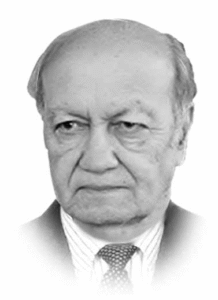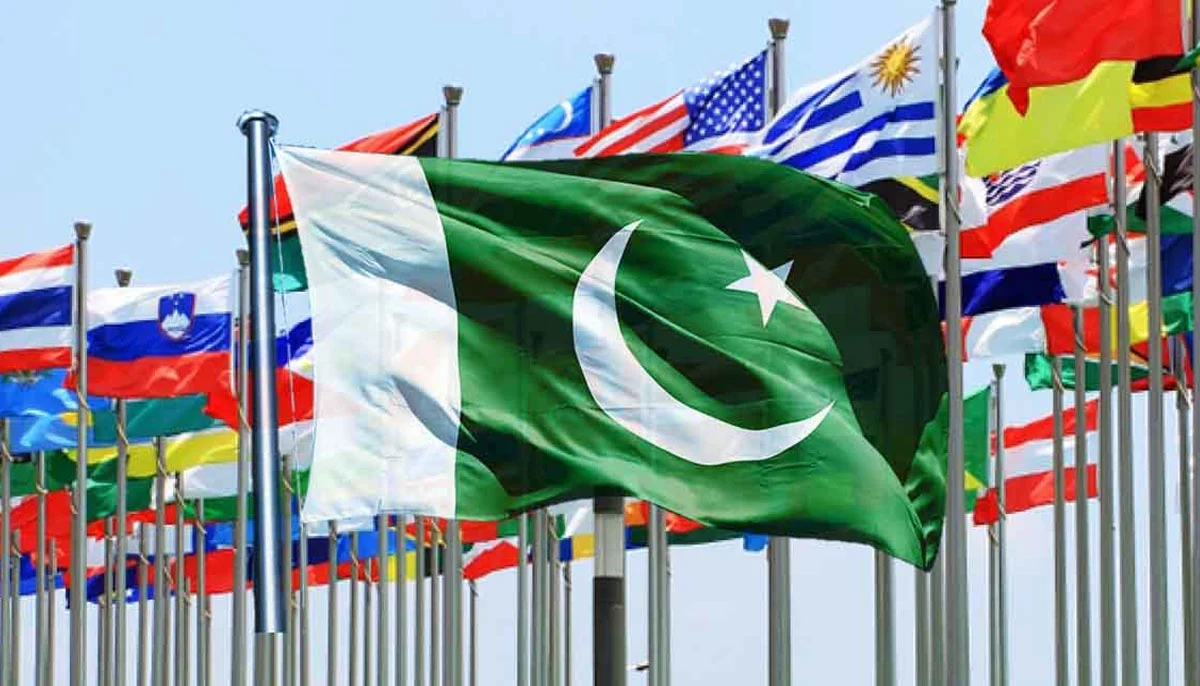
The response of world’s major powers to the Gaza war has been a subject of serious scrutiny and a topic of editorials of several international and national papers. In essence, Israel’s brutal and most inhuman conduct on the people of Gaza has shaken the conscience of the world, but not of the US or of the Western power elite. The response of most of the governments of Muslim-dominated regions has been muted and half-hearted.
It is a sad commentary on the region that the natural reaction of the Arab citizens’ grief and anger over Gaza’s plight is being repressed – apparently over apprehensions of internal resistance.
As regards India, one did not expect that PM Modi would comment objectively on the conditions in Gaza when his own record of prejudice and treatment of Muslims is so deplorable. It is not surprising that his support and leaning is toward Israel.
At the diplomatic level Pakistan’s permanent representative at the UN did raise the issue forcefully and authored the joint resolution that echoed the horrific feelings of the Muslims in general. Whilst some of these were positive moves but hardly made any impact on moderating Israel’s brutal campaign in Gaza.
Israel’s confidence in pursuing inhuman and barbaric policies on the people in Gaza emanates from the unconditional support that it enjoys of the US and the West. It is also a reflection of the mindset of the West against Muslims in general. The huge demonstrations in the US in support of the people of Gaza reflects how the western governments are out of step in their thinking and policies with their people.
Whilst the plight of people in Gaza and the future of Palestine are the main focus of attention, other developments of significance also need to be discussed as these are likely to have a significant impact on the power dynamic and future trajectory of relations between countries in the Middle East.
The US effort to draw Saudi Arabia and Israel into some form of alliance is a very fundamental change that the US is pursuing. This is aimed at strengthening Israel, drawing Saudi Arabia fully in the Western camp, isolating Iran diplomatically and squeezing its economy. The US is also putting pressure on Pakistan to avoid engaging closely with Iran on economic and strategic issues.
It serves the fundamental interests of Muslim countries to improve and strengthen democratic institutions, develop strong economic and commercial linkages within the region and with each other. But these developments are only feasible if there is a determined effort on the part of the leadership to focus on modern education with emphasis on science and technology and strengthening institutions. In the absence of these developments, they will continue to depend heavily on the US, West and China for technology and products. And will be vulnerable to the dictates of major powers.
– The writer is a retired lieutenant general of the Pakistan Army and a former federal secretary. He has also served as chairman of the Pakistan Ordnance Factories Board






